
Talking business in Bosnia and Uganda
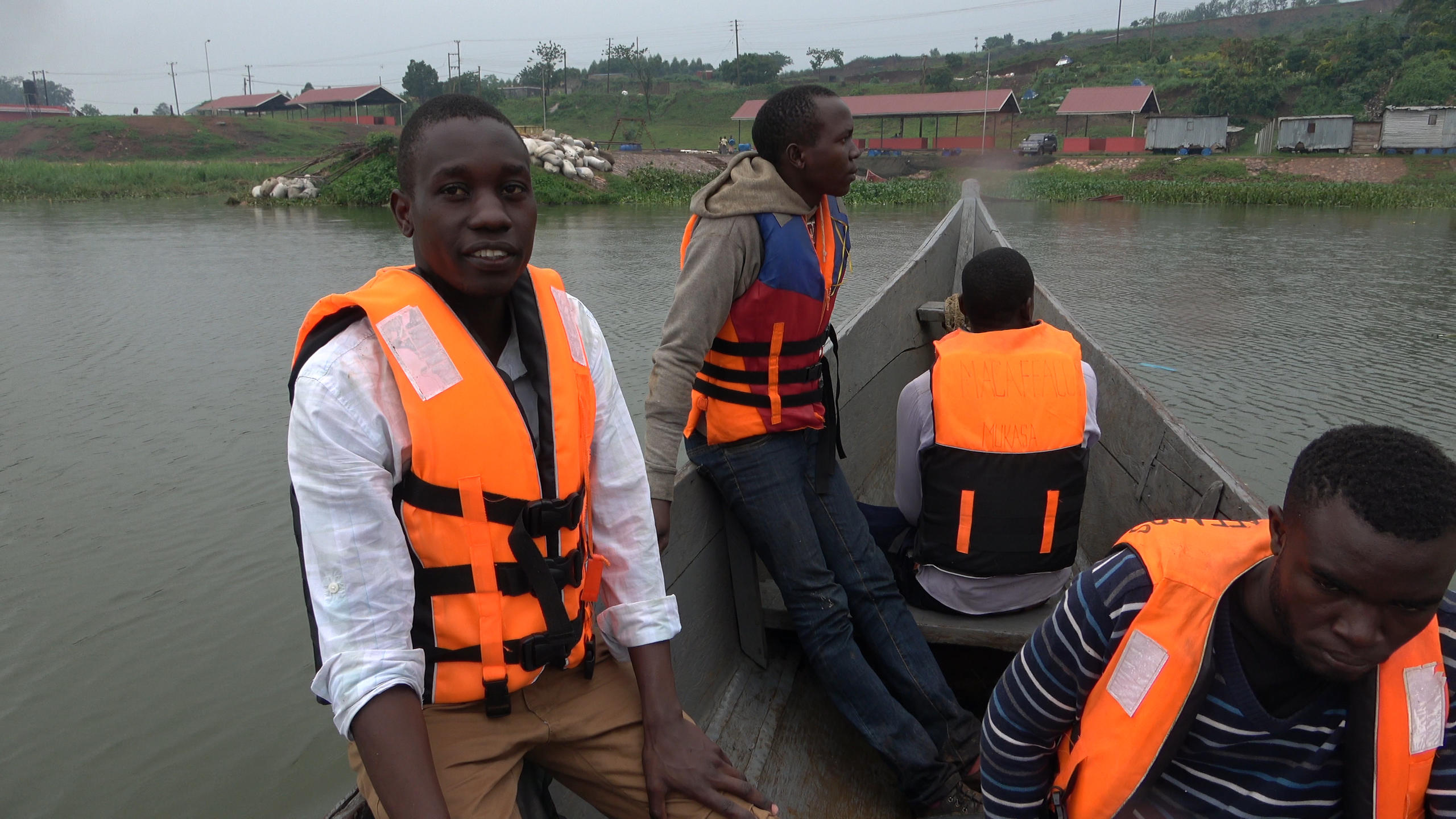
Start-ups in developing countries have been getting some sound advice, thanks to the Swiss. The Swisscontact development foundation, whose goal it is to improve the business environment in certain countries, recently reported back on projects creating jobs in Bosnia and Uganda.
Swisscontact’s mission is “to promote economic, social, and environmental development by helping people integrate into local economic life”. The foundation, set up in 1959, has over 1,400 employees managing 123 projects in 36 countries. It works closely with the private sector, but does not wage political campaigns, unlike some other Swiss non-profit organisations.
Erna Šoševic from Bosnia and David Olyabo from Lake Victoria in Uganda, were invited to speak at Swisscontact’s annual meeting in Zurich in October, and offered an insight into the hurdles they had to overcome to start up their businesses. Swisscontact wanted to provide some tangible examples of how its money gets spent.
Bosnia: a transitional economy
Nearly a quarter of a century after a civil war in which 100,000 people died, Bosnia and Herzegovina remains one of Europe’s poorest countries. Young entrepreneurs like Erna Šoševic are forcing the pace of progress and challenging the norms of a traditional, male-dominated society.
Erna, a 34-year-old mother of two, left a steady job at a consulting agency to start her own business. She developed Bizbook, an online platform that helps innovative companies in Bosnia to network with each other. She says she learnt to become a CEO through Swisscontact’s Entrepreneurship ProgrammeExternal link, funded by the State Secretariat for Economic Affairs (SECO)External link. The programme aims to create jobs by strengthening the entrepreneurship “ecosystem” through mentoring and training.
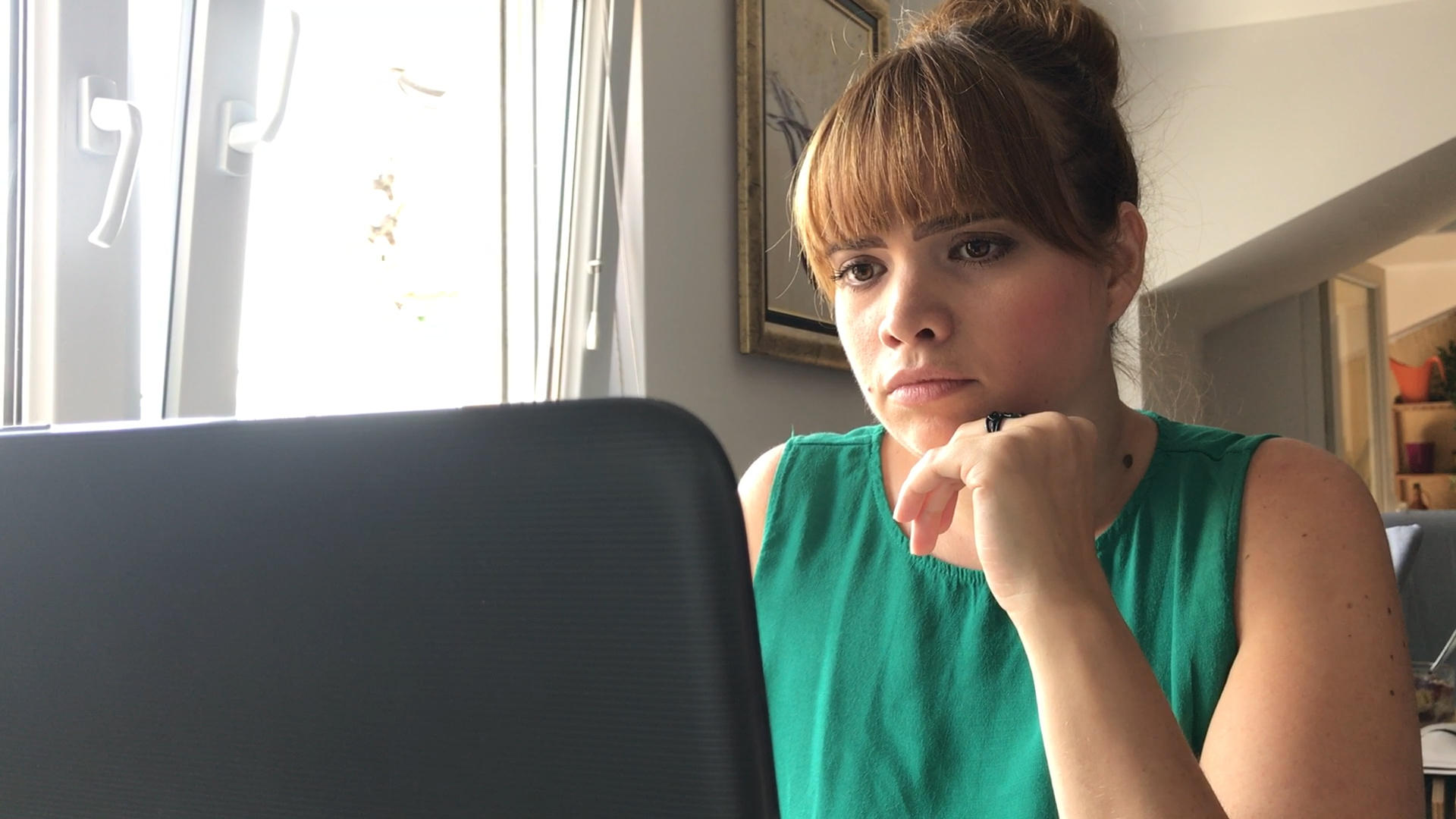
More
From communism to IT-led startups
Uganda: a lack of investment in young people
Swisscontact is running a similar mentorship programme in Tanzania and Uganda: U-Learn, funded by the Mastercard FoundationExternal link. The project lasts until 2021 and aims to help a total of 15,000 youths. So far, 4,546 have been supported. According to the Central Intelligence Agency (CIA) World Factbook for Uganda, the east African country suffers from “poor economic management, endemic corruption, and the government’s failure to invest adequately in economic opportunities for a burgeoning young population”. It relies on donor support to drive long-term growth.
Under Swisscontact’s U-LearnExternal link project, local trainers, master craftsmen and business owners are shown how to mentor and support young entrepreneurs. 24-year-old David Olyabo from Uganda received help from the programme to set up the fish farming business he now manages.
Living near Lake Victoria, David’s family made a living from fishing. His brother paid David’s university fees out of his salary, but when a ban was imposed on fishing in the lake due to depletion of stocks, David was forced to abandon his studies. That’s when he got in touch with Swisscontact for business advice.
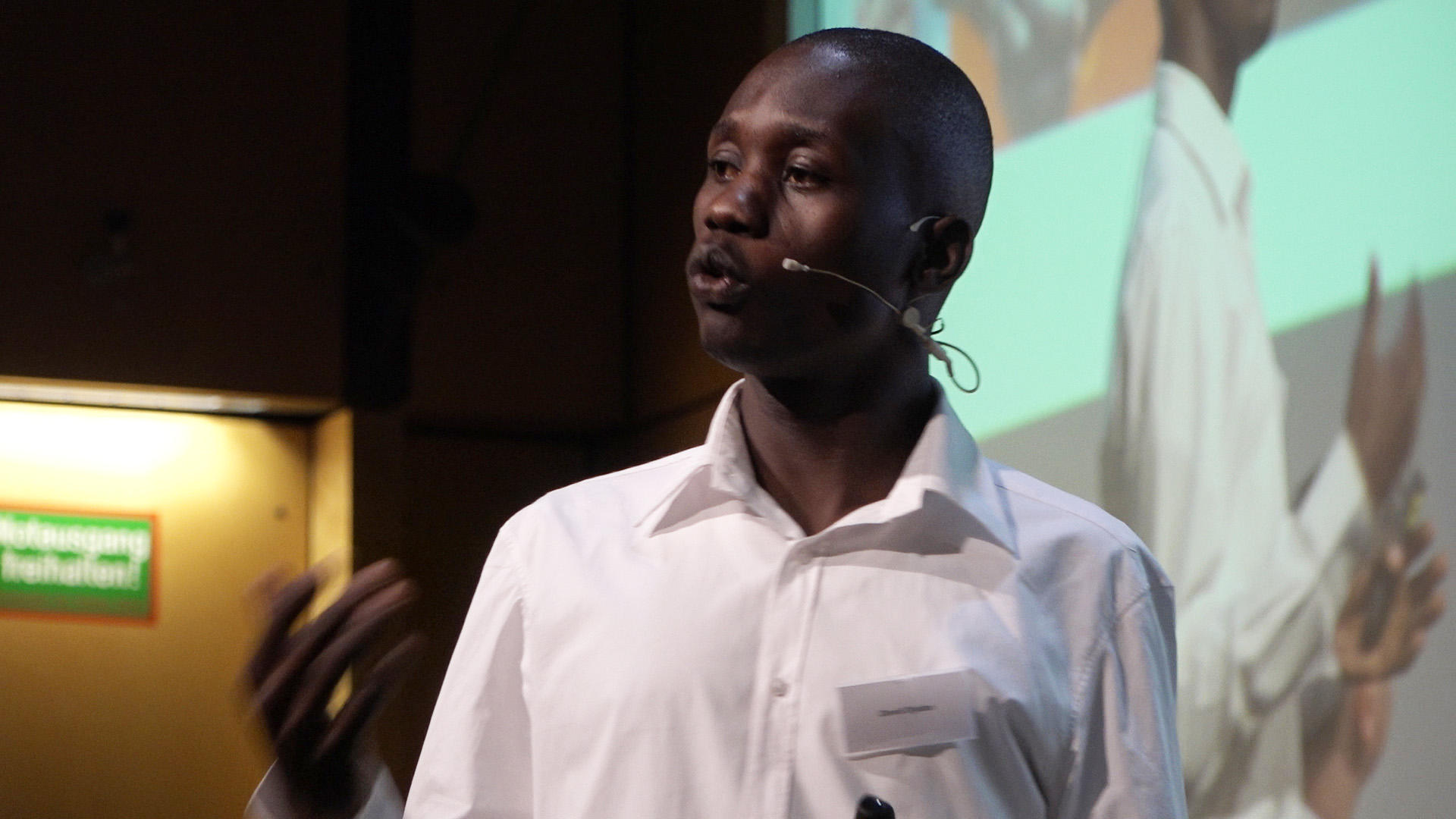
More
Sinking or swimming in a tough climate
David says the business group of 14 people has made CHF8,826 ($8,900) so far and by the end of the second production cycle, they expect to have tripled their earnings. They have plans to cut costs by producing their own fish feed and want to expand the business by processing and exporting fish.
Where Swisscontact’s money comes from
A long-standing United Nations target is that developed countries should devote 0.7% of their gross national income to official development assistance, ODA. As you can see from the graph below, most of Swisscontact’s funding (65%) comes from “Federal Mandates”. This refers to projects implemented on behalf of SECO or the Swiss Agency for Development and Cooperation (SDC).
Another 20% of their funding comes from “various clients”. These are mandates from other state donors (for example, the UK’s Department of International Development, DFID, or the Swedish equivalent, SIDA) and multilateral organisations such as the World Bank. Donations and contributions from private foundations and companies listed here in Swisscontact’s annual reportExternal link make up another 10%.
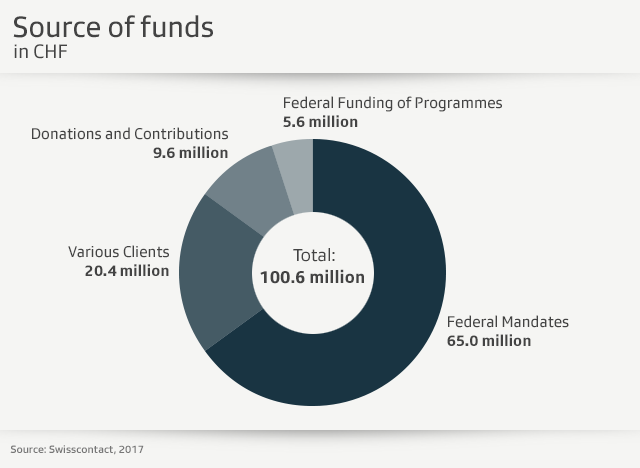
Why businesses give so generously
Companies that donate to legitimate charities can claim tax relief, deducting up to 20% of their revenues, but this is not a core motivation for charitable behaviour. Katrin Schnellmann from Swisscontact says philanthropy is usually part of corporate social responsibility (CSR), a self-regulating business model that helps a company to remain socially accountable to itself and its stakeholders.
The Swiss-based pharmaceutical multinational, Novartis, is one of Swisscontact’s private donors. It’s spokesman, Satoshi Jean-Paul Sugimoto, says philanthropy earns respect for the company, and is thereby more likely to enhance employee loyalty and attract better personnel to the firm: “We believe there is a (positive) correlation between talent retention and attraction and being a good corporate citizen. It is now clear that millennials, who make up over half the workforce in many countries, tend to have high expectations for corporate responsibility”.
But giving to charity is only a small part of a company’s attractiveness, according to Georg von Schnurbein, director of the Center for Philanthropy Studies at Basel University. “Much more important are activities in environmental, societal, and for the past few years, political areas”.
Novartis tends to support projects that are closely linked to its core business and expertise and are considered “sustainable”. Sugimoto explains,“Our efforts focus on our own medicines and our scientific expertise to help healthcare systems achieve their healthcare goals more quickly and effectively”. For example, Novartis contributes to a Swisscontact projectExternal link linked to teaching paramedics in rural areas of Bangladesh.
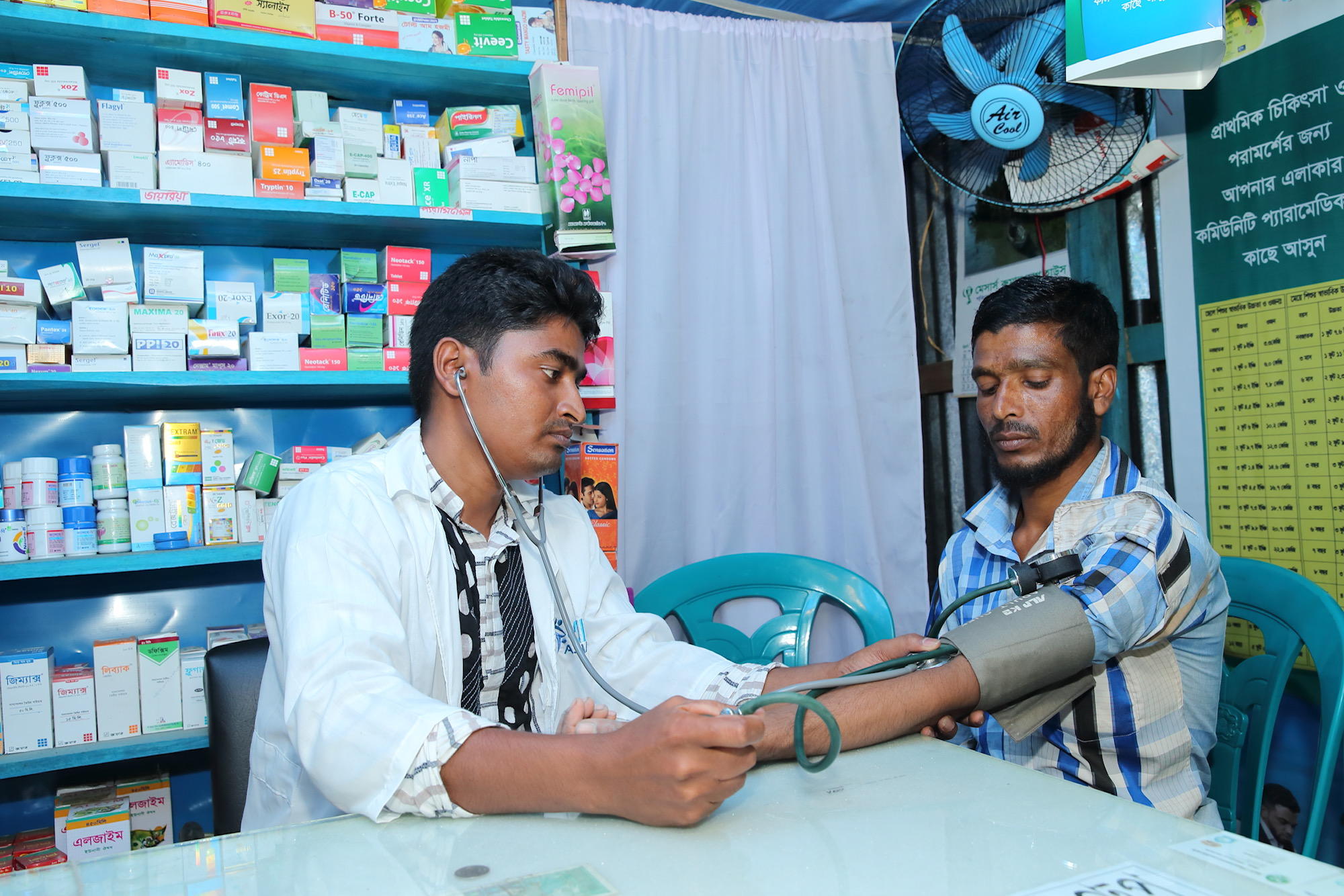
It’s been suggested that big businesses “bank” their philanthropic activity to offset any future negative publicity. Von Schnurbein rejects this idea. He gives as an example carmakers that cheated emissions rules with illegal devices: “No one says about Volkswagen in Germany,“Yes, they cheated, but look at all their charitable donations!”
How successful are the start-ups funded by Swisscontact?
With a budget of more than CHF100 million in 2017, most of it taxpayer’s money, the pressure is on to succeed. But Katrin Schnellmann says, “Success has to be evaluated on a case by case basis. A Swisscontact-supported start-up may cease to exist, but the entrepreneur might have, in the meantime, set up another successful business”.
Often Swisscontact is not the only entity offering help. For example, David with his fish farm in Uganda received government aid following initial support from Swisscontact. The start-ups founded by David Olyabo and and Erna Šoševic are not only surviving but also expanding. Nevertheless, David, who also keeps chickens, is not putting all his eggs in one basket. “If the fish farming business fails”, he says,” I can earn a small income from poultry farming”.

In compliance with the JTI standards
More: SWI swissinfo.ch certified by the Journalism Trust Initiative




























You can find an overview of ongoing debates with our journalists here . Please join us!
If you want to start a conversation about a topic raised in this article or want to report factual errors, email us at english@swissinfo.ch.